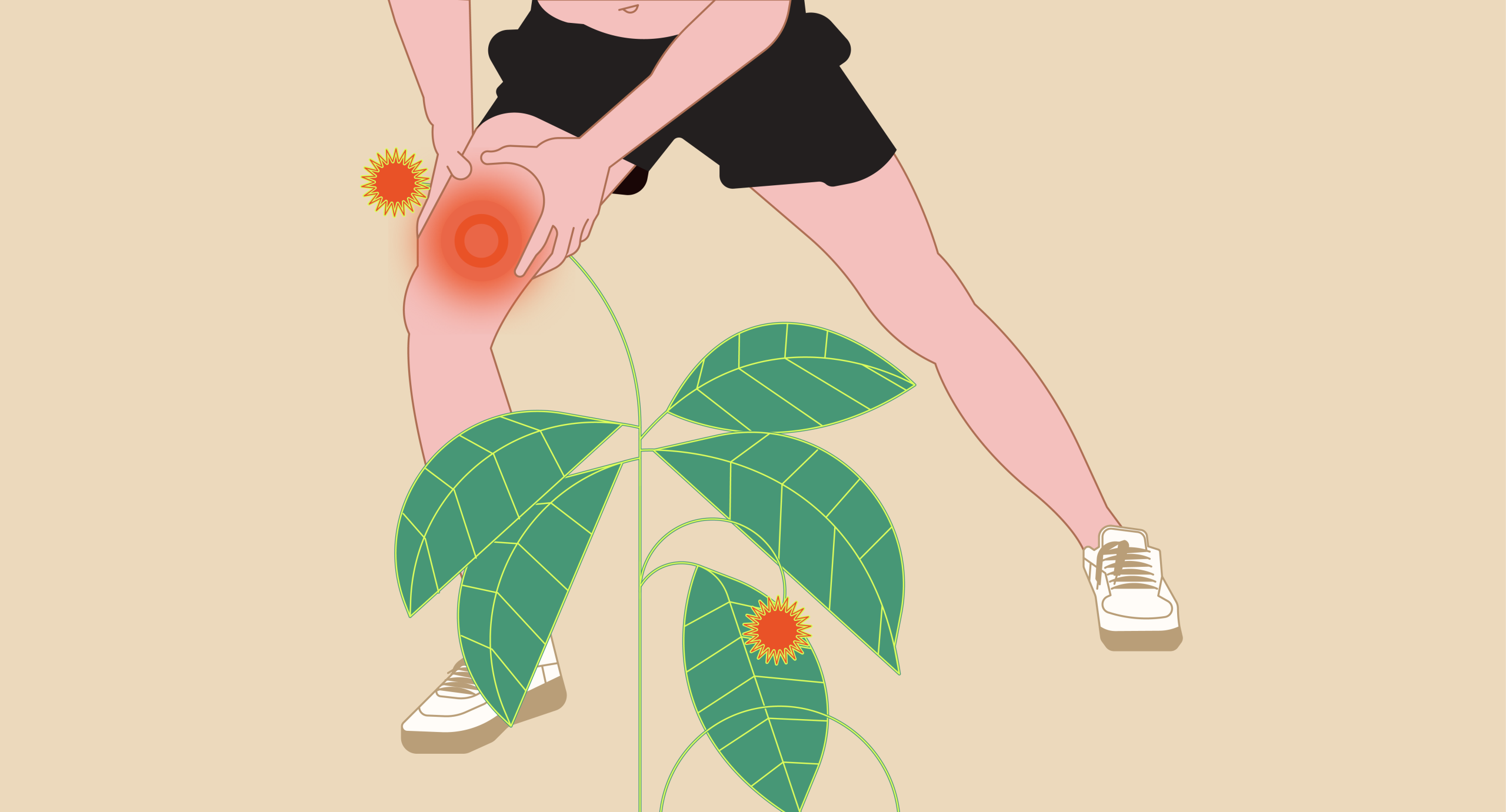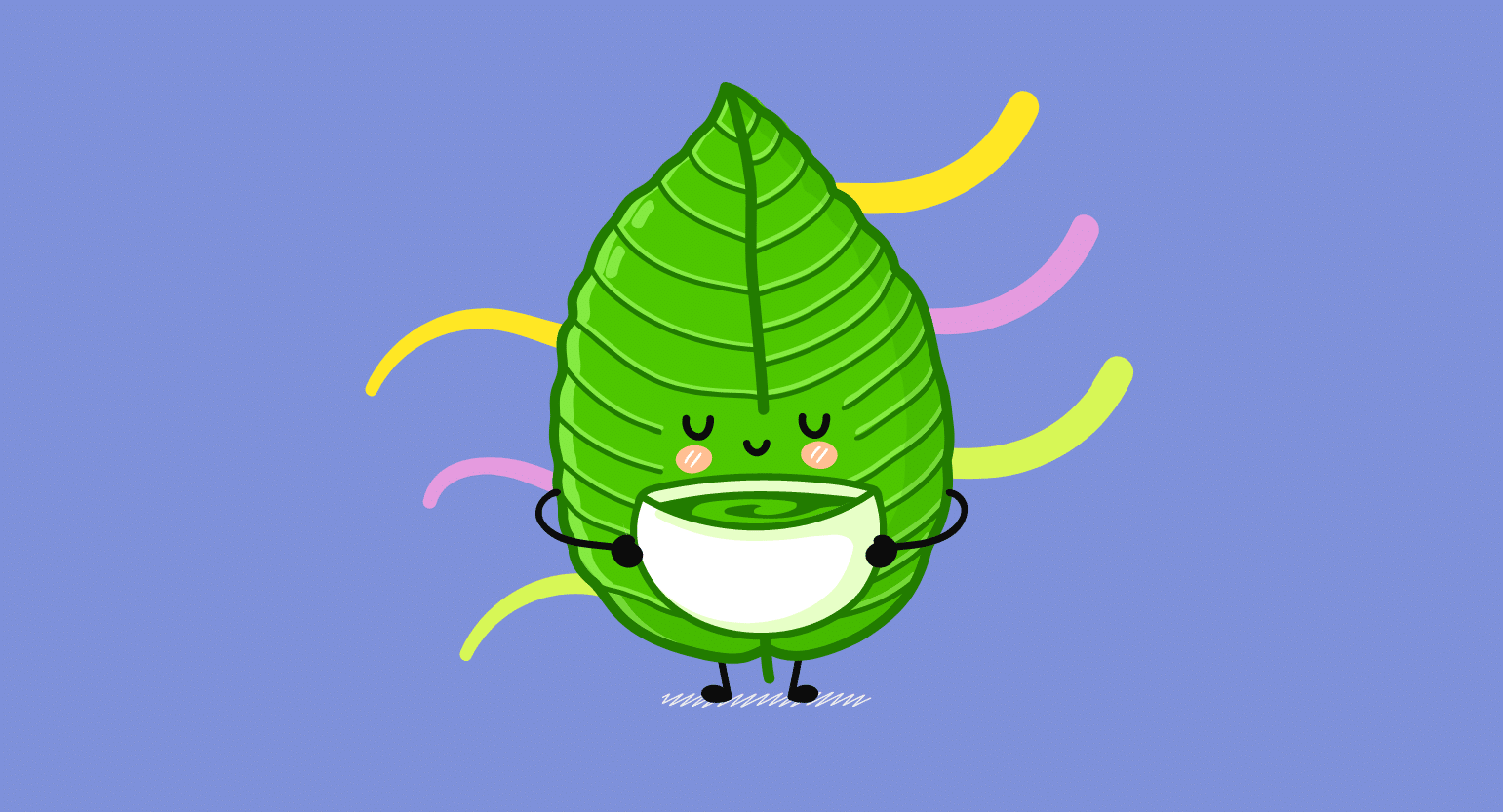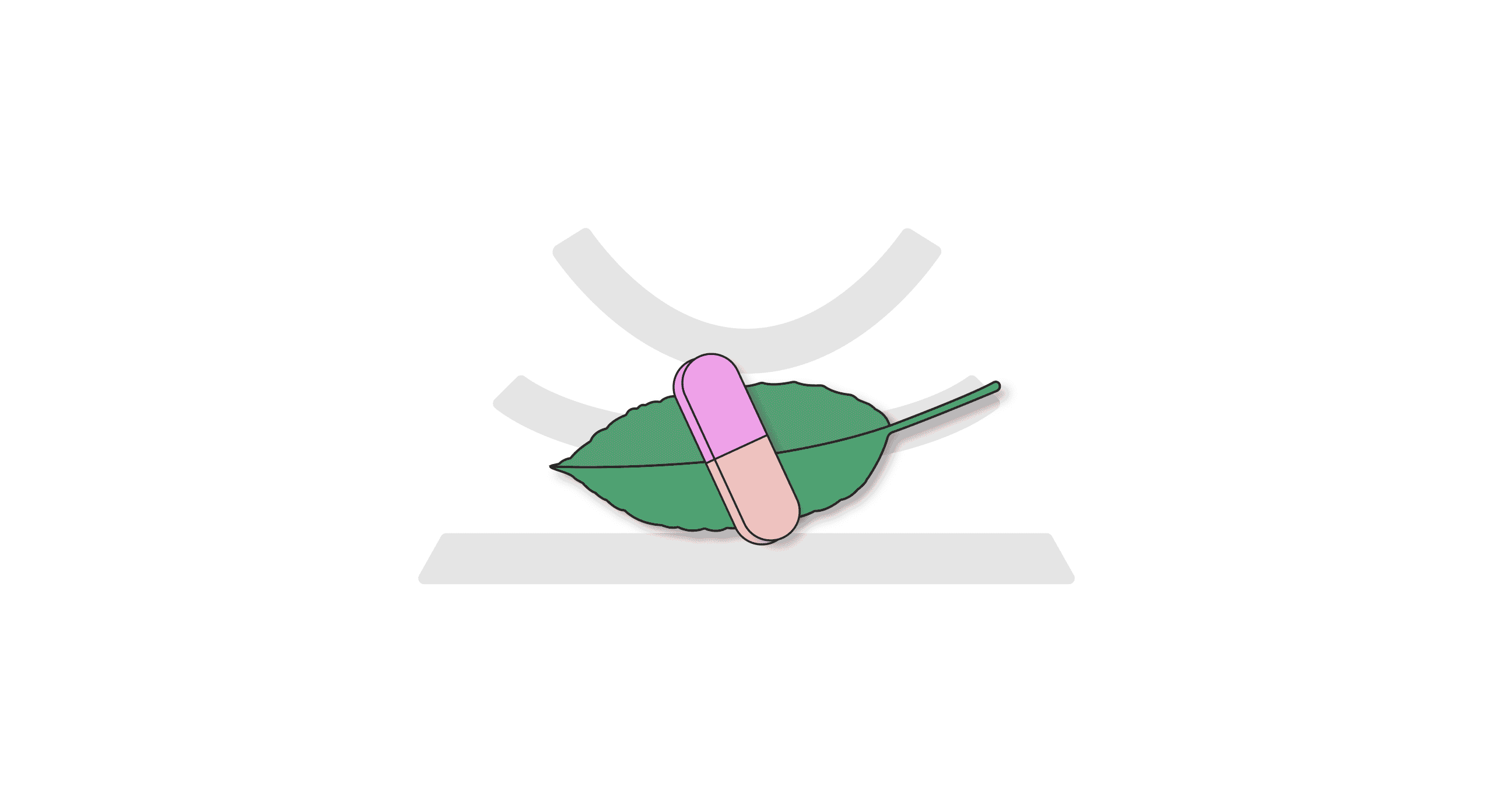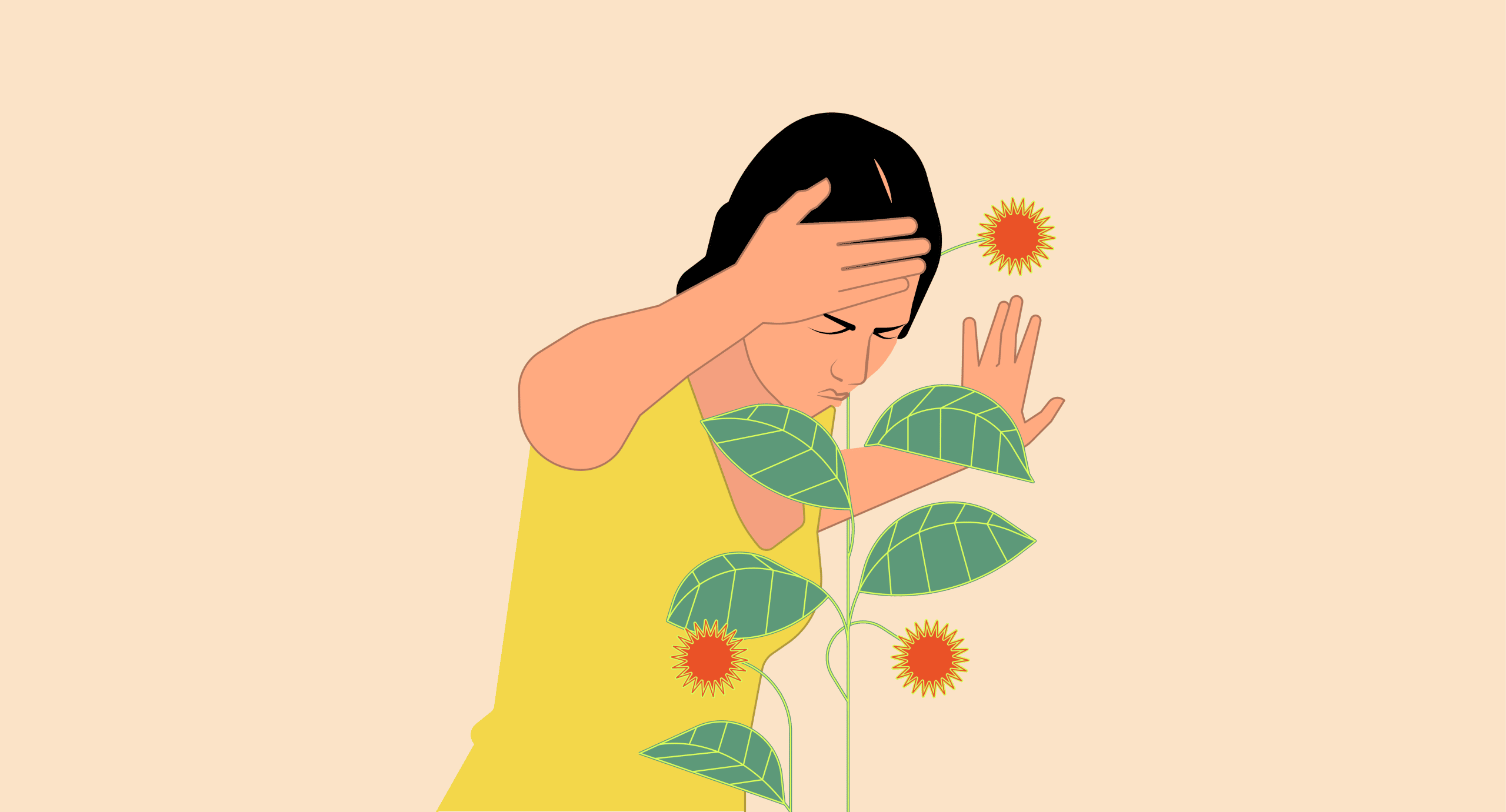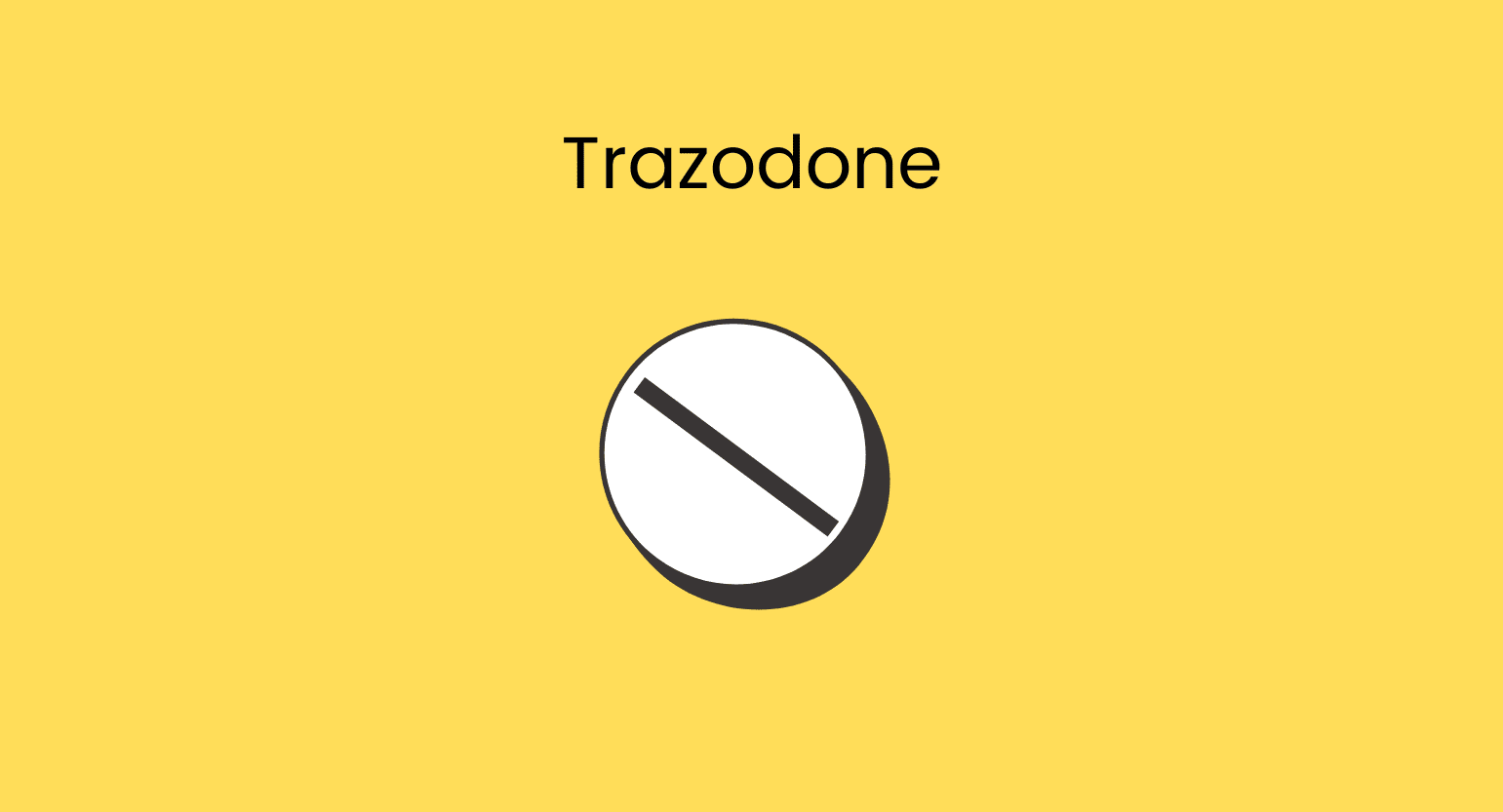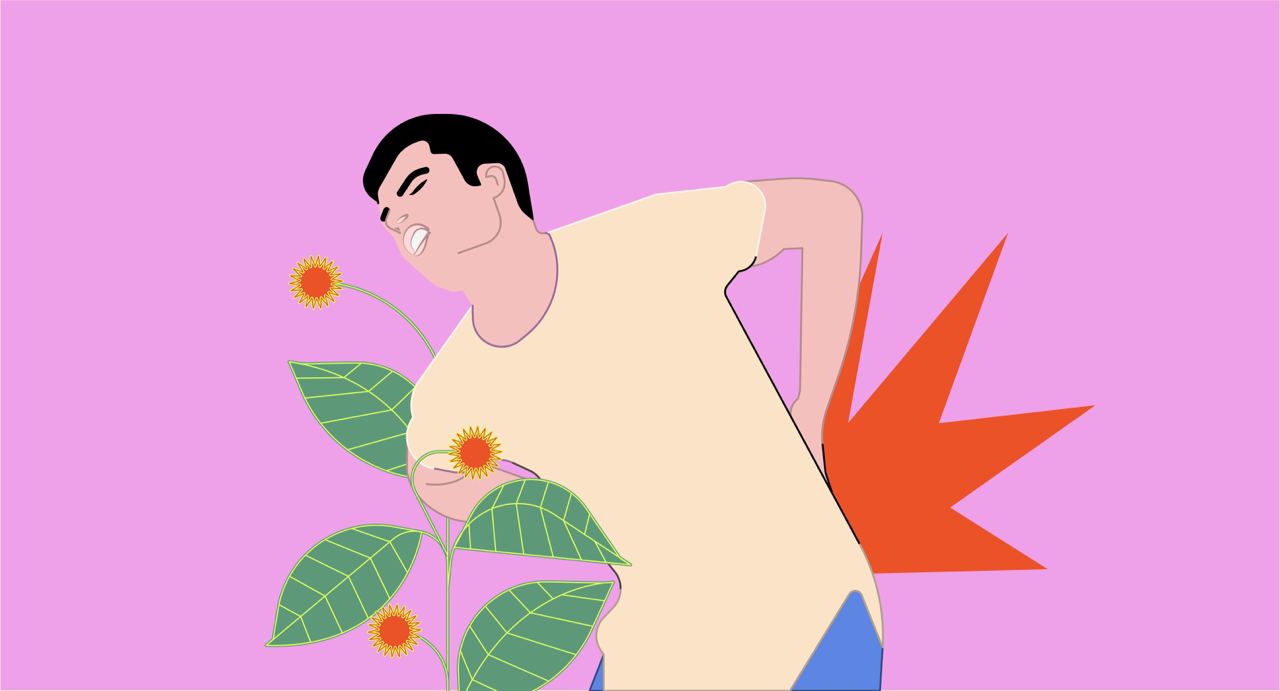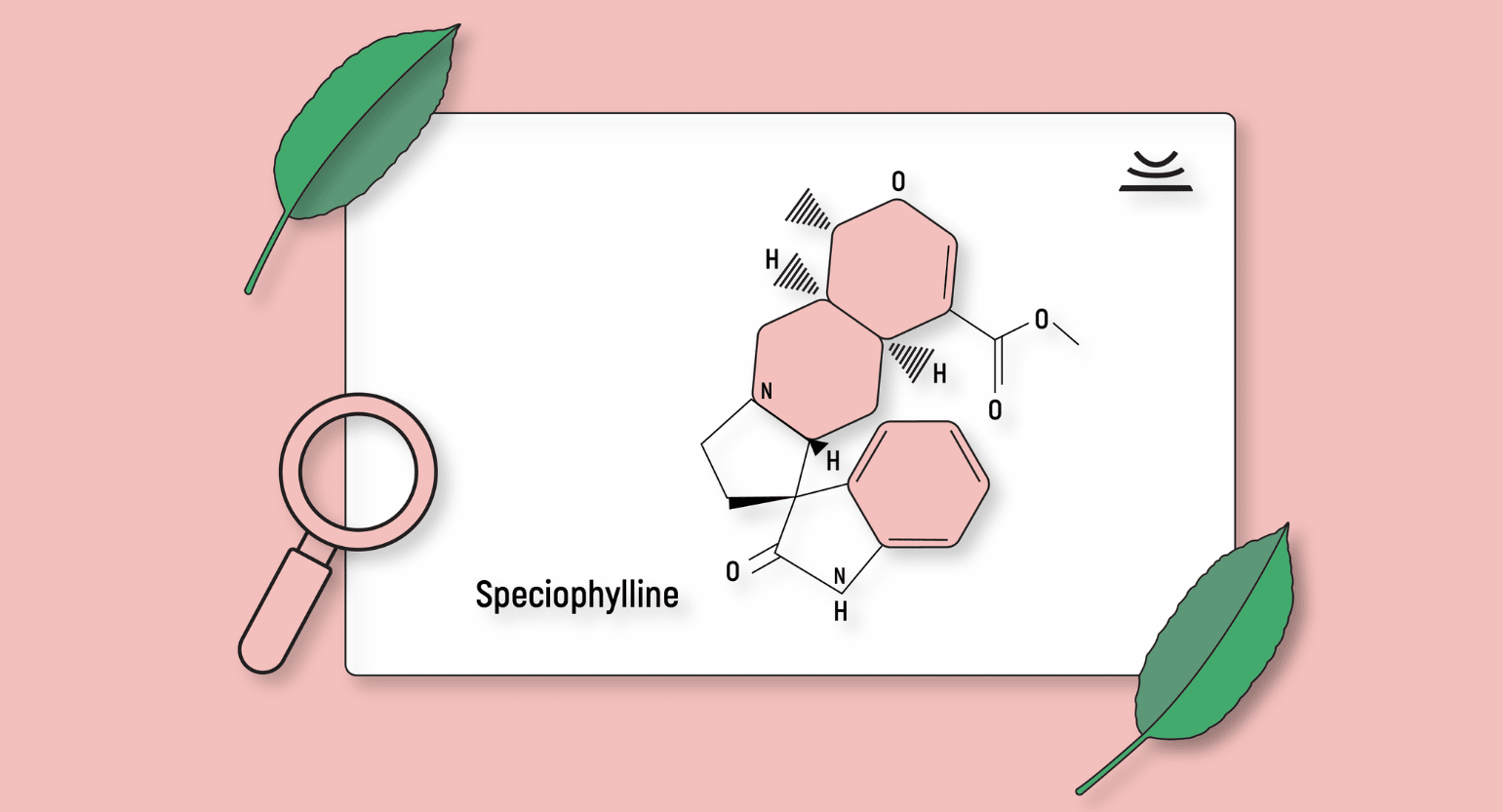What is Alcohol Withdrawal?
Alcohol withdrawal is what the body goes through when an individual suddenly stops drinking after heavy or prolonged alcohol use.
It can last days or weeks and be extremely dangerous or even fatal in certain situations.
Symptoms of alcohol withdrawal include:
- Anxiety
- Hallucinations
- Headache
- Insomnia
- Nausea
- Seizures
- Sweating
- Trembling
- Vomiting
What Causes Alcohol Withdrawal?
Alcohol has a sedating or depressant effect on the brain. Long-term drinkers are consistently exposed to the effects of alcohol.
To compensate, the body will adjust its chemistry over time by producing stimulating chemicals like serotonin or norepinephrine in much larger quantities than normal and blocking the activity of other neurotransmitters such as GABA or noradrenaline.
Among the most problematic is GABA. This is the body’s primary neuro inhibitory compound. It acts as the brake pedal when the nervous system becomes too active.
When an alcoholic stops drinking alcohol, the tolerance that has formed by blocking the effects of GABA starts to push the body out of balance in the other direction. Animal studies have shown that the levels of GABA and glutamate are altered.
This means the body no longer has its brake pedal to keep speed in check — quickly leading to side effects like heart palpitations, anxiety, muscle tension, insomnia, shakes, sweating, and much more.
Alcohol Withdrawal Is Serious
About 1 in every 20 people will experience extremely dangerous and sometimes fatal withdrawal symptoms, a condition called delirium tremens.
Delirium tremens results in the brain not being able to transition and adjust its chemistry after alcohol use is stopped. A temporary state of confusion then occurs and leads to dangerous changes in how the brain regulates breathing and circulation.
Vital signs such as blood pressure and heart rate can change dramatically and unpredictably, which creates a severe risk of stroke, heart attack, and death.
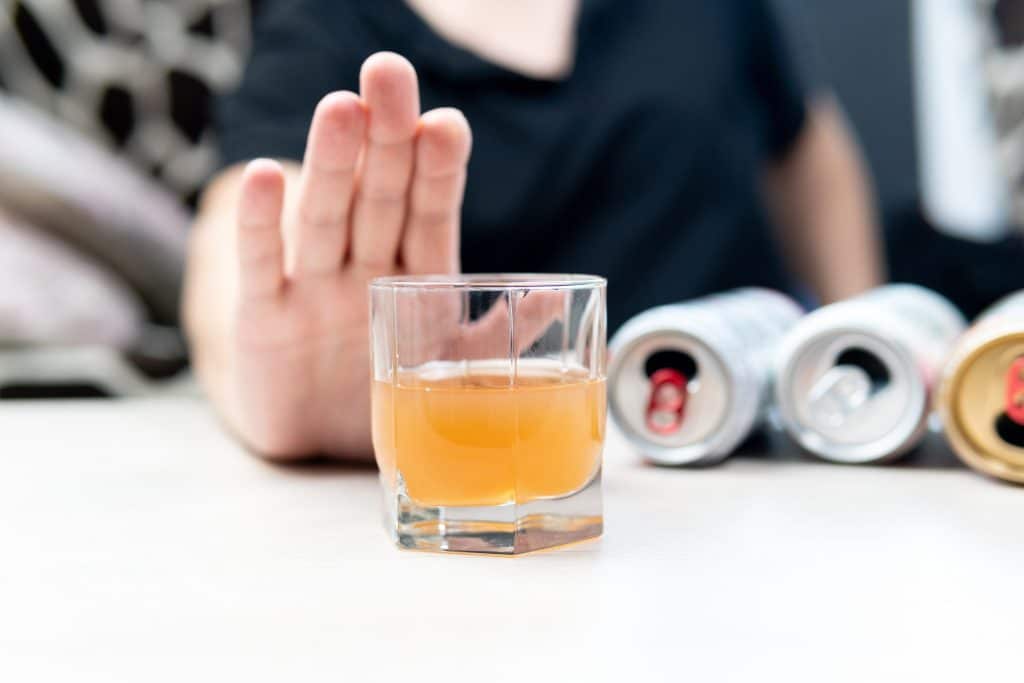
Can Kratom Help With Alcohol Withdrawal?
First and foremost, the Southeast Asian herb kratom shows promise in helping individuals quit using alcohol.
Many people use it to alleviate many physical and emotional problems associated with excessive drinking.
Kratom can enhance one’s mood, give a user a cognitive boost, increase energy levels, calms anxiety, helps relieve depressive symptoms and behaviors, and has analgesic properties.
The benefits of kratom tend to work out well for those who have problems with alcoholism and want to quit.
Kratom doesn’t stop you from feeling withdrawal symptoms, but it may take the edge off some of the more problematic side effects to help you stick to your plan and stay away from the drink.
After a week or two, your body will adjust to not having alcohol, and withdrawal symptoms will go away. It takes time to get to this point, so using supplements like kratom to help take the edge off can make a big difference between being successful at quitting or not.
How Does Kratom Work?
Kratom includes alkaloids such as mitragynine and 7-hydroxymitragynine, which both interact with opiate receptors in the brain. The interaction results in the pleasure center being activated and the user feeling peaceful, calm, and content.
Kratom is also a reliable anti-anxiety, analgesic, and muscle-relaxant — all of which alleviate specific withdrawal symptoms experienced by people as they endure alcohol withdrawal.
When to Avoid Kratom
If you experience severe vomiting, seizures, or delirium tremens, seek medical help, as these side effects can be extremely dangerous to your health or even fatal.
Kratom cannot be used as a reliable treatment for severe alcohol withdrawal symptoms. The best place for you to be is in a hospital, under the care of a medical professional, or somewhere else you can be consistently monitored for safety purposes.
Always speak with your doctor about using kratom to help with your symptoms before you start. Kratom can be addictive, too, so avoid relying on kratom as a new source of habit.
What Strains of Kratom are Best for Alcohol Withdrawal?
Not all kratom is the same. Different kratom strains have different sets of benefits and various properties that make you feel a certain way.
- Red vein strains are usually great for pain relief, sleep, and sedation.
- Green vein strains tend to have a decent balance of analgesic and stimulating effects.
- White vein strains are almost always the most stimulating of the three options.
When it comes to finding a specific strain that is best for alcohol withdrawal, we have to look at the side effects and symptoms we are trying to alleviate. Then, we can decide which strains are in or out.
A few typical withdrawal symptoms that individuals would like to avoid are insomnia, anxiety, and physical pain.
This means we need to look at strains that aren’t intensely stimulating but offer a pleasant, mild euphoric sensation and analgesic and relaxing properties.
Our top choice would have to be Green Maeng Da.
A few reasons we believe this strain would be great for fighting off mild alcohol withdrawal symptoms are:
- It can relax the body and produce a soothing calmness for the user
- It works as a cerebral stimulant and enhances brain functioning
- It helps to combat bodily aches and pains
- It can effectively increase focus
- It offers a cognitive boost and contributes to clearer, faster thinking
- It can induce sleep and help users with certain sleep disorders or issues such as insomnia and restlessness
Green Maeng Da covers all the bases regarding what someone going through alcohol withdrawal needs, and then some.
Another option would be Red Sumatra kratom. This strain is known for being especially relaxing and calming. It can help relieve pain, stress, and anxiety, regulate poor sleeping habits and contributes to a positive state of mind.
Again, we do not recommend using kratom to help you get through alcohol withdrawal if your symptoms are severe and may require medical attention.
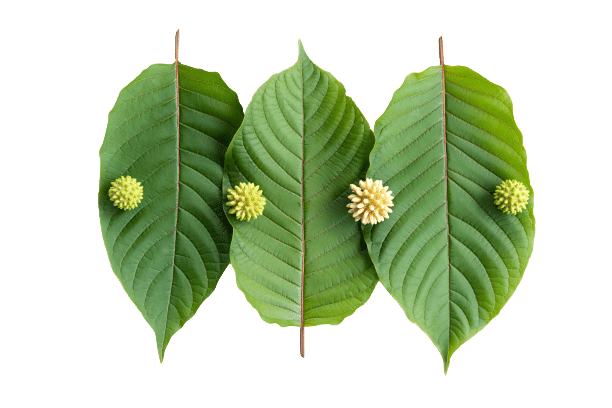
How to Take Kratom For Alcohol Addiction
Whether you choose Green Maeng Da or Red Sumatra to help you overcome an alcohol addiction, you need to avoid becoming dependent on kratom. This means you need to monitor your dosage carefully.
We recommend taking no more than 10 grams of kratom four days per week in the beginning. It’s also a good idea to taper off your kratom usage to overcome your withdrawal symptoms by switching to 10 grams twice per week.
The idea is to use kratom when your symptoms are at their worst rather than all the time.
What’s the Dose of Kratom For Alcohol Addiction & Withdrawal
Dosing is difficult due to a lack of FDA regulation. We believe less is more when using kratom for alcohol addiction and withdrawal.
Using 10 grams of kratom four times per week is what we recommend for green strains. Red kratom strains are the most potent; therefore, you may want to reduce your dosage to five to eight grams.
These are just general kratom dosage guidelines, however. Every person is different, so you need to find out what works for you.
Is Kratom Addictive?
Kratom is not extremely addictive, but regular use can lead to dependency. Cases of kratom addiction have been reported across the country, and kratom can lead to acute opioid withdrawal.
Related: Opioid addiction facts and statistics 2021.
Users of kratom must keep tabs on how much they consume and whether they are simply replacing alcohol abuse with a new addiction.
How to Avoid Getting Addicted to Kratom?
Addiction avoidance requires you to monitor how much kratom you’re consuming on a daily basis. You should use kratom only when your withdrawal symptoms worsen rather than relying on it to boost your mood.
You should be starting out with a certain dosage and gradually reducing your dosage as your withdrawal symptoms subside.
If this does not occur, you should cease using kratom immediately or seek medical help.
Learn more about how to quit kratom.
Comparing The Top Kratom Brands
| Top Kratom Vendors | Pros | Cons | Coupon Codes & Discounts |
| Kona Kratom | • Extensive product lineup • Fresh batches • Consistently high product potency • Exceptionally fast shipping • AKA certified | • Only ships within the US | Use KRATOMORG for 15% off |
| Star Kratom | • Most Affordable • Selection of rare kratom strains • AKA certified | • Less selection than other popular vendors | Use KRATOMORG for 10% off |
| VIP Kratom | • Specializes in premium kratom • Options for capsules & raw powder for most strains • AKA certified | • Premium products mean premium pricing | Use KRATOM10 for 10% off |
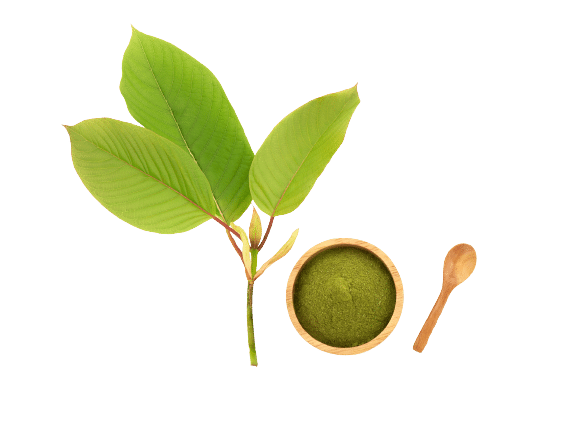
Final Thoughts: Can Kratom Help With Alcohol Addiction & Withdrawal?
More severe cases of alcohol withdrawal should always be treated by a medical professional. Severe symptoms and side effects should not be treated with a natural herb such as kratom.
Kratom seems to be very effective in battling the mild symptoms of alcohol withdrawal, such as restlessness, anxiety, aches and pains, and stress or depression.
If you will be taking kratom to reduce symptoms of alcohol withdrawal, it is recommended that you take extreme care when it comes to dosing. This is vital for avoiding dependency.
Instead, take kratom in small doses to help you get through the negative symptoms of alcohol withdrawal.
If you want to keep using kratom after successfully beating the withdrawal symptoms, stick to small to moderate doses now and then. Do not take substantial quantities, and try not to take kratom daily.


